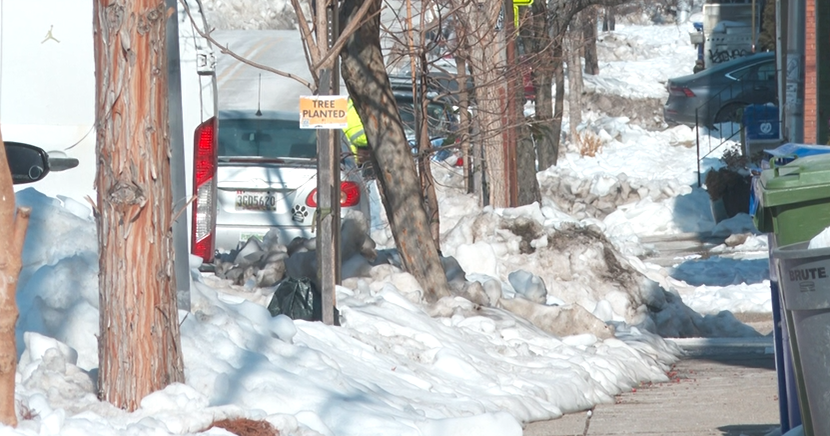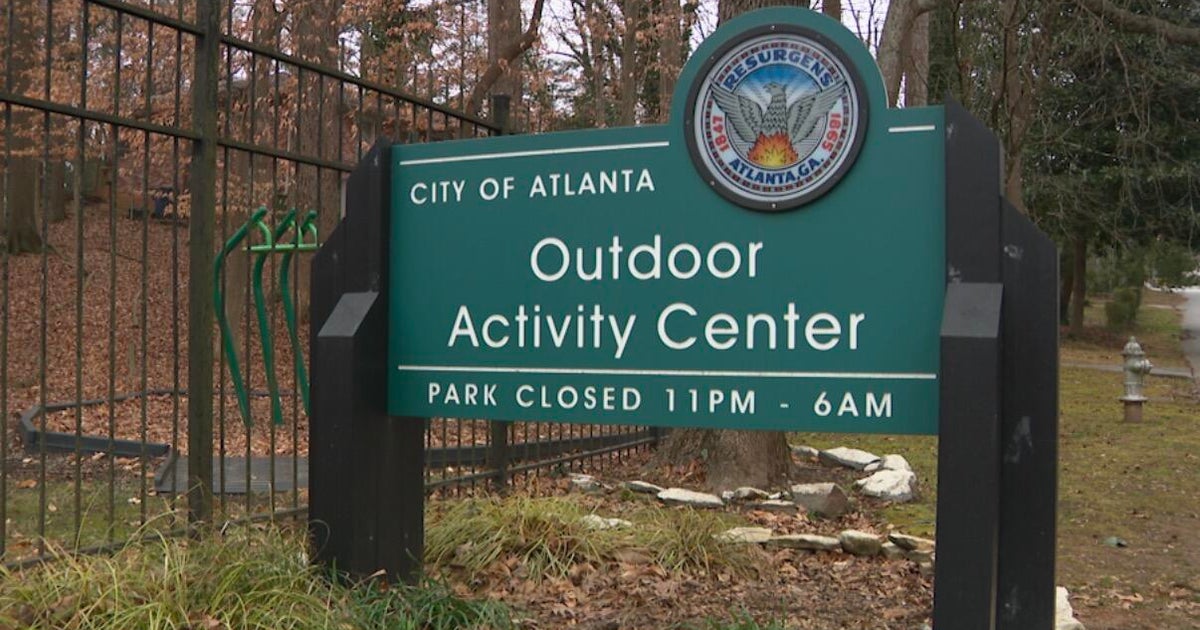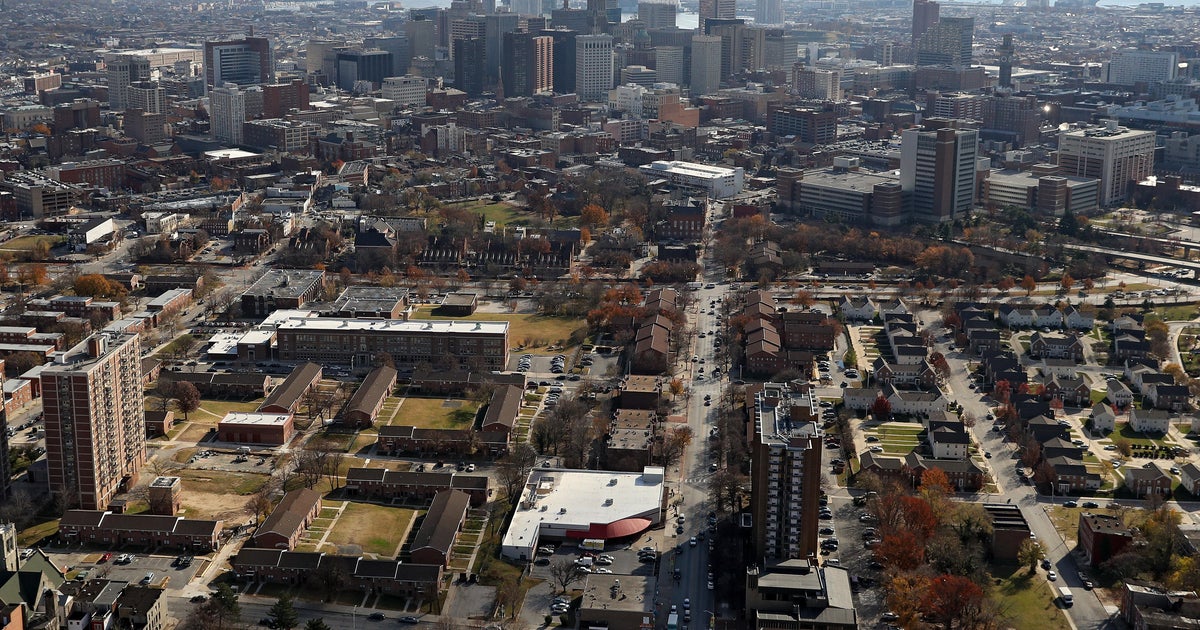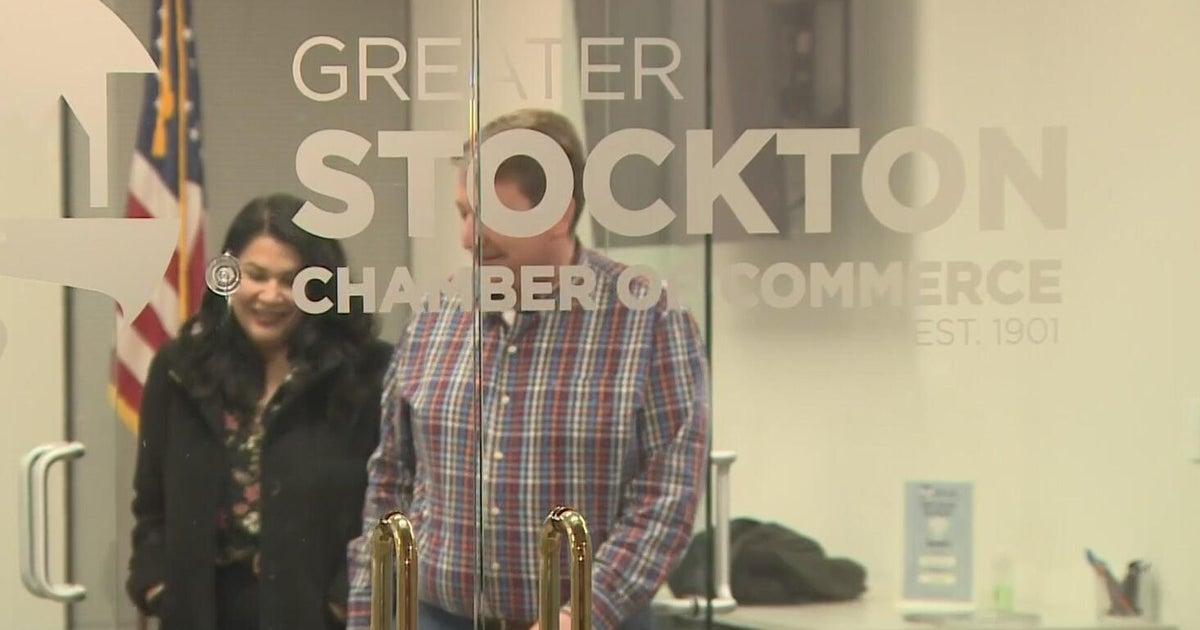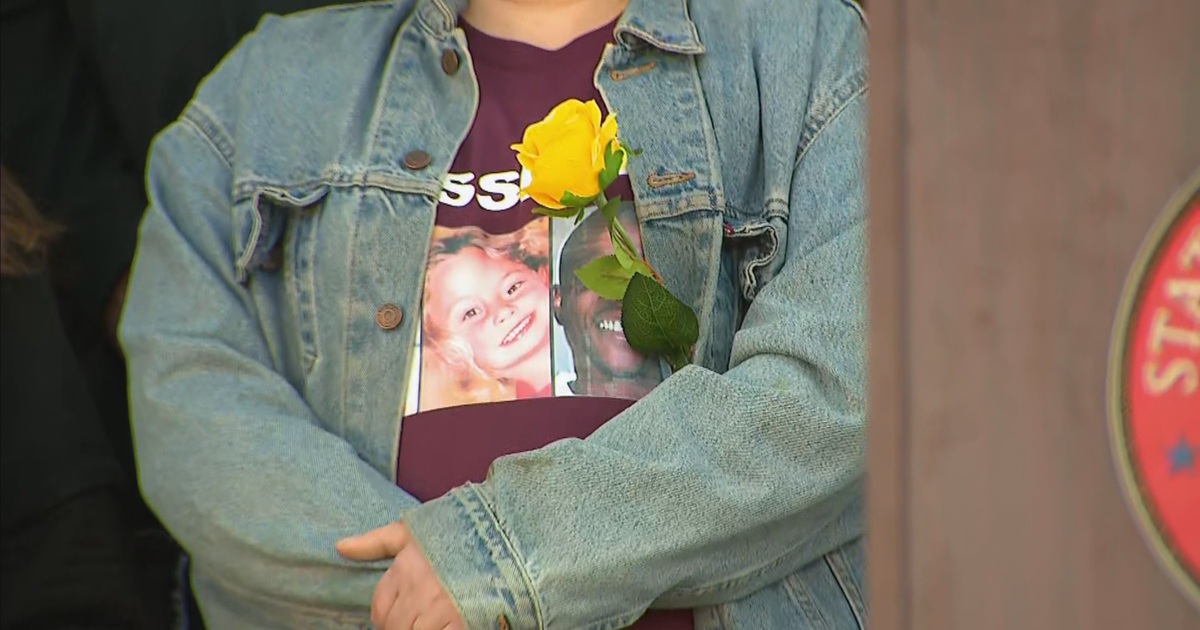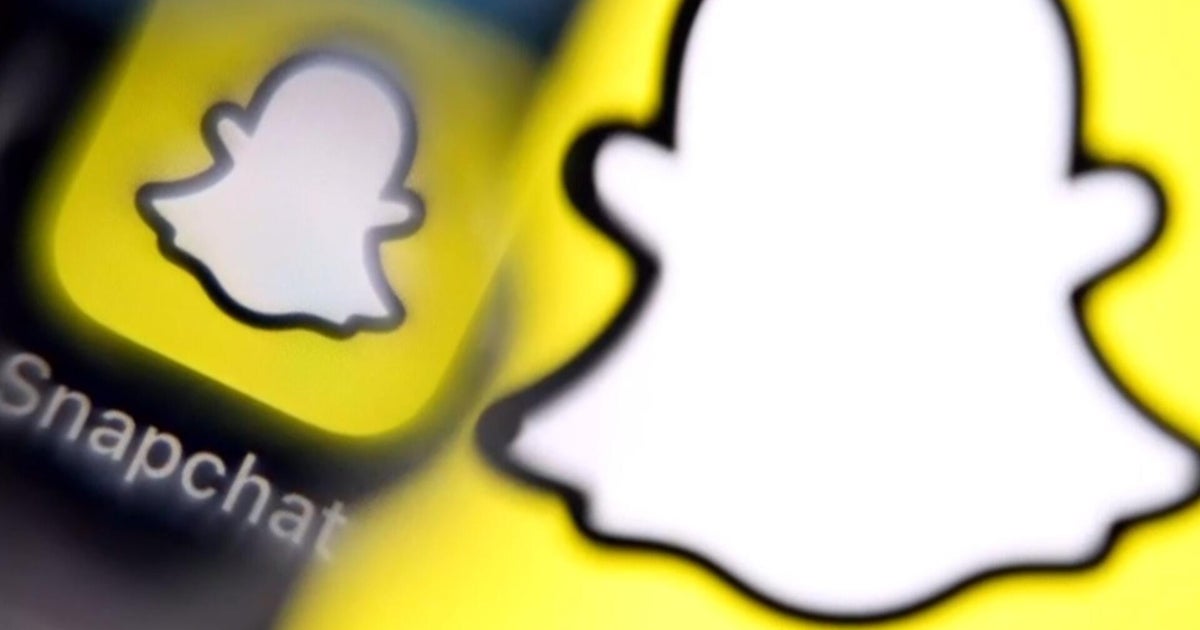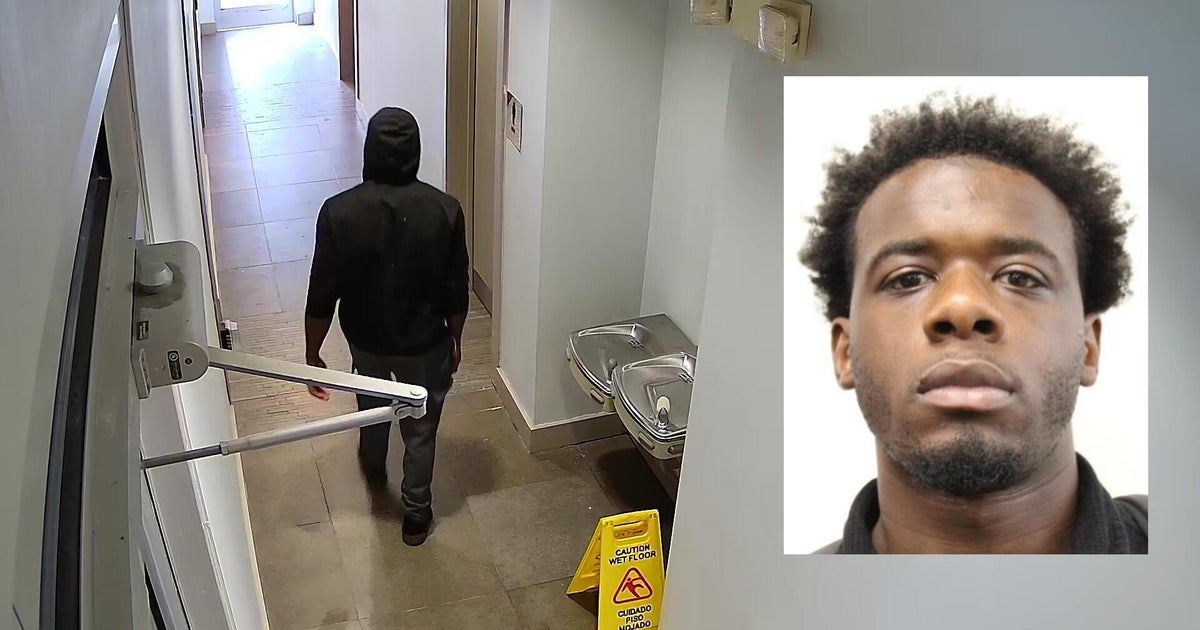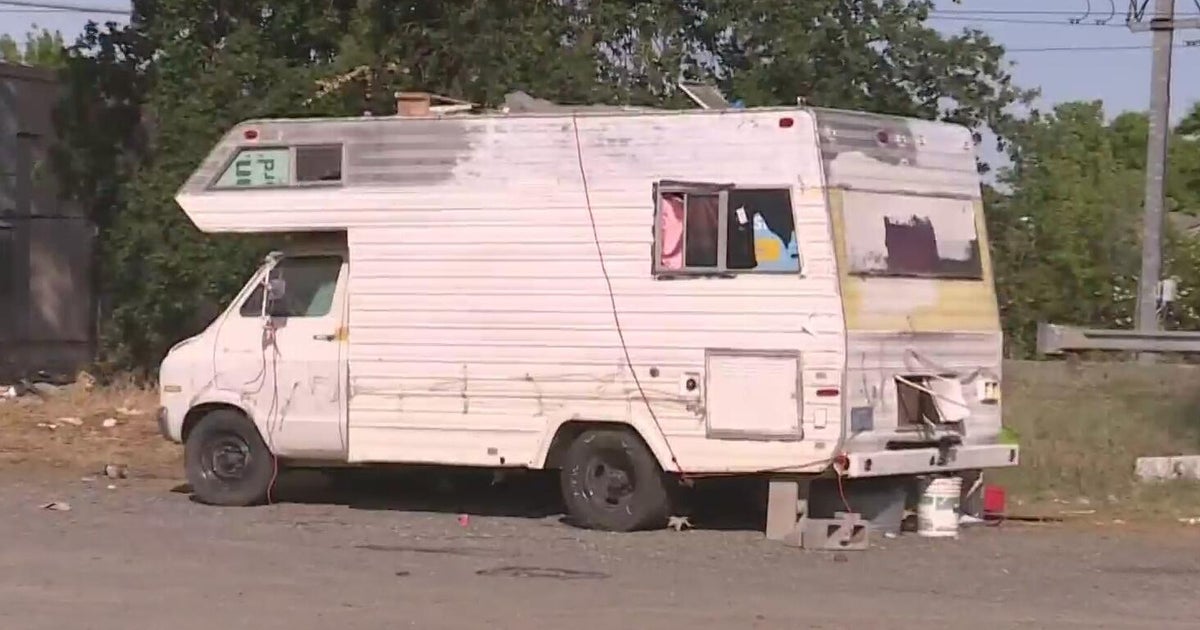Hundreds of people volunteer to rummage through Mr. Trash Wheel's garbage in search of data
BALTIMORE -- One man's trash can be another man's data-collection treasure.
Hundreds of volunteers sifted through tons of garbage grub from Mr. Trash Wheel on Saturday to record data about litter in Baltimore city's harbor. The annual dumpster dive effort helps sustainability advocates and environmentalists push for legislation changes.
Volunteers got into an assembly line and grabbed buckets to scoop trash out of Mr. Trash Wheel's collection from Inner Harbor.
About 90 percent of the trash collected from Mr. Trash Wheel comes from rain events. The rainwater washes litter off the streets of Baltimore and into the streams of the harbor.
The volunteers donned gloves and grab tools to sort out the trash into about eight different categories ranging from plastic bottles to food wrappers to even personal protective equipment.
Nearly 200 people signed up to get dirty.
Two women even traveled from Toronto, Canada, to help out in the hopes of introducing a trash wheel in their hometown.
Many of the volunteers were first-timers, like Mari Bugayong, who expressed her nervousness and excitement about the trash collection process.
"Given my background in public health research I know the importance of data collection and getting accurate numbers," she said. "It's great to see all the environmental efforts including this one going on around Baltimore."
The trash is then weighed at a makeshift station created with an empty trash can tied to a pulley system with large googly eyes similar to Mr. Trash Wheel fastened on top. There they record data of the different types of litter.
"Data is power," Baltimore Community Toolbank Executive Director Noah Smock said. "This is a baseline of data that allows us to compare what a standard dumpster looks like in 2023 to prior years."
Shari Wilson, the interim executive director for Trash Free Maryland, said the numerical breakdown helps them advocate policy change to lawmakers—just like the ban on foam food containers.
"We did that by knowing the number of those containers in our litter and trash," she said.
Adam Lindquist with Waterfront Partnership of Baltimore said based on their findings they can say legislation is effective in changing people's behaviors.
"When the state banned foam containers, we saw an 85 percent reduction in the amount of foam ending up in our waterways which is tremendous because foam breaks down into little pieces." Linquist said. "Fish and crab eat it and then we eat the fish and crab."
It's not just foam. Lindquist said he noticed a decline in plastic in the waterways after the city issued a ban.
With trends like these, he hopes to one day say goodbye to Mr. Trash Wheel.
"Our big goal is to put Mr. Trash Wheel on a diet," he said. "We would love to not need trash wheels at all in the Baltimore Harbor."
